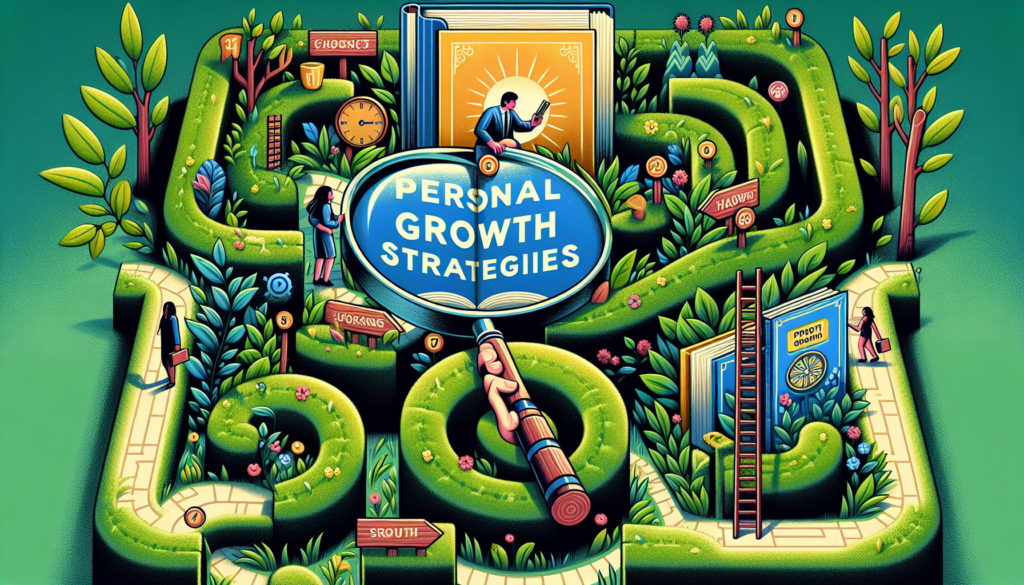Mastering Time Management Skills: A Comprehensive Guide
Introduction:
Time management skills are essential in today’s fast-paced world, where distractions abound, and the demands on our time seem never-ending. How do some people seem to effortlessly juggle multiple tasks and achieve their goals, while others struggle to even make a dent in their to-do list? The answer lies in mastering the art of time management.
Have you ever wondered how successful individuals seem to have more hours in a day than the rest of us? From business moguls to world-renowned artists, the key to their success often boils down to how effectively they manage their time. In this article, we will delve deep into the world of time management skills, exploring its intricacies, benefits, and practical applications.
Did you know that studies have shown that poor time management can lead to increased stress, decreased productivity, and even health problems? By honing your time management skills, you can not only accomplish more in less time but also improve your overall well-being. Let’s unravel the mysteries behind effective time management together.
1. The Fundamentals of Time Management:
At its core, time management is all about prioritizing tasks, setting goals, and allocating your time effectively to achieve those goals. One of the key principles of time management is the Pareto Principle, also known as the 80/20 rule, which states that 80% of results come from 20% of efforts. By identifying the most important tasks that contribute to your goals and focusing on them, you can maximize your productivity.
Effective time management also involves creating to-do lists, breaking down tasks into smaller, manageable steps, and setting deadlines. By having a clear roadmap of what needs to be done and when, you can stay organized and on track. Time blocking is another valuable technique, where you allocate specific blocks of time to different tasks, minimizing distractions and increasing focus.
Real-life example: Sarah, a marketing manager, uses time blocking to structure her day. She allocates the first hour of her morning to responding to emails, the next two hours to working on a project, and the last hour before lunch for brainstorming new ideas. By sticking to this schedule, she has seen a significant improvement in her productivity and creativity.
2. The Psychology of Time Management:
Understanding the psychological aspects of time management is crucial for effectively managing your time. Procrastination, for example, is a common pitfall that many people struggle with. By delving deep into the reasons behind procrastination, such as fear of failure or lack of motivation, you can develop strategies to overcome it and stay focused on your tasks.
Another important aspect of time management psychology is the concept of flow, where you are fully immersed and energized in a task. By identifying your peak productivity hours and leveraging them to tackle challenging tasks, you can make the most of your time and achieve optimal results.
Research has shown that multitasking, contrary to popular belief, can actually decrease productivity and increase errors. By focusing on one task at a time and practicing mindfulness, you can improve your concentration and efficiency. Embracing the power of mindfulness can also help reduce stress and enhance your overall well-being.
3. Time Management Tools and Techniques:
In the digital age, there is no shortage of tools and techniques to help you manage your time effectively. From to-do list apps to project management software, there are numerous resources available to streamline your workflow and boost your productivity.
Time tracking apps like Toggl and RescueTime can help you analyze how you spend your time and identify areas for improvement. Kanban boards, such as Trello or Asana, are excellent for visualizing your tasks and tracking their progress. Pomodoro Technique, a time management method that involves working in short bursts followed by short breaks, is a popular technique among many professionals.
Real-life example: John, a freelance writer, uses the Pomodoro Technique to structure his writing sessions. He works for 25 minutes, then takes a 5-minute break, then repeats the cycle. By breaking his work into manageable chunks and taking regular breaks, he maintains focus and prevents burnout.
4. Time Management in the Workplace:
Effective time management is crucial in the workplace, where deadlines loom large, and priorities constantly shift. By mastering time management skills, you can not only improve your own performance but also contribute to a more efficient and productive work environment.
Meetings, a common time sink in many workplaces, can be optimized by setting clear agendas, establishing time limits, and focusing on actionable outcomes. By eliminating unnecessary meetings and leveraging technology for virtual meetings, you can free up valuable time for more important tasks.
Delegation is another key component of time management in the workplace. By assigning tasks to team members based on their strengths and workload, you can ensure that work is distributed evenly and completed in a timely manner. Effective delegation not only saves time but also fosters collaboration and growth within the team.
5. Time Management for Students:
For students, time management skills are essential for balancing academic demands, extracurricular activities, and personal commitments. By mastering time management, students can improve their grades, reduce stress, and create a healthy work-life balance.
Creating a study schedule, setting goals for each study session, and breaking down assignments into smaller tasks are key strategies for effective time management for students. By prioritizing tasks based on deadlines and importance, students can avoid last-minute cramming and improve their retention of information.
Real-life example: Emily, a college student, uses a study schedule to plan her week. She allocates specific time slots for each subject, breaks down assignments into smaller tasks, and reviews her notes regularly. By sticking to her schedule and staying organized, she has seen a significant improvement in her grades and overall well-being.
6. The Importance of Work-Life Balance:
While mastering time management skills is essential for achieving your goals and maximizing productivity, it is equally important to maintain a healthy work-life balance. Burnout, a state of physical, emotional, and mental exhaustion, is a common risk for individuals who neglect self-care in pursuit of their professional goals.
Setting boundaries between work and personal life, taking regular breaks, and engaging in activities that bring joy and relaxation are key components of maintaining work-life balance. By prioritizing self-care and well-being, you can recharge your energy, boost your creativity, and prevent burnout in the long run.
Real-life example: Alex, a busy executive, practices mindfulness and meditation to manage stress and maintain work-life balance. By taking a few minutes each day to clear his mind and center himself, he enhances his focus, reduces anxiety, and improves his overall well-being.
7. Setting SMART Goals:
Setting goals is an essential part of effective time management. By establishing clear, specific, measurable, achievable, relevant, and time-bound (SMART) goals, you can create a roadmap for success and track your progress along the way. SMART goals provide a clear direction and motivation to stay focused and committed to achieving your objectives.
Real-life example: Maria, an entrepreneur, sets SMART goals for her business. She defines specific targets for revenue growth, customer acquisition, and product development, with clear deadlines and metrics for success. By regularly reviewing her goals and adjusting her strategies, she stays on track and makes progress towards her long-term vision.
Conclusion:
To wrap things up, mastering time management skills is essential for achieving your goals, increasing productivity, and improving your overall well-being. By understanding the fundamentals of time management, leveraging psychological insights, utilizing tools and techniques effectively, and prioritizing work-life balance, you can unlock your full potential and thrive in today’s fast-paced world.
Remember, time is a precious resource that cannot be replenished. By investing in your time management skills and making conscious choices about how you spend your time, you can create a life of purpose, fulfillment, and success. So, what are you waiting for? Start mastering your time management skills today and watch your productivity soar!


